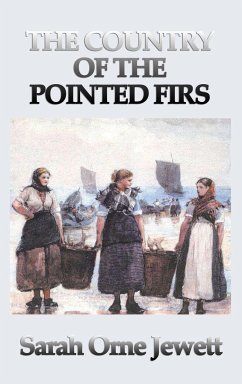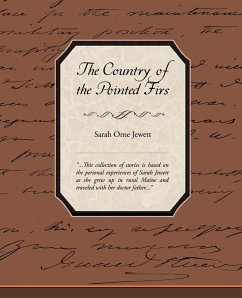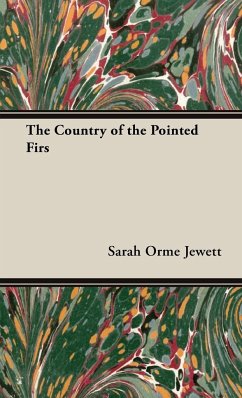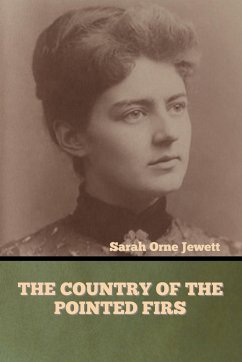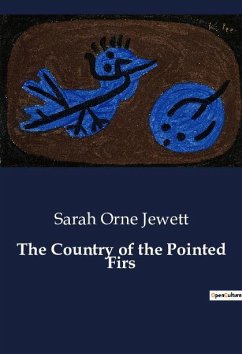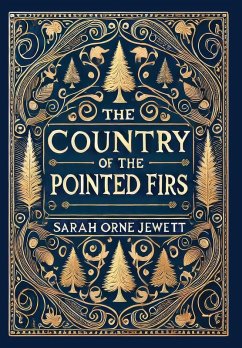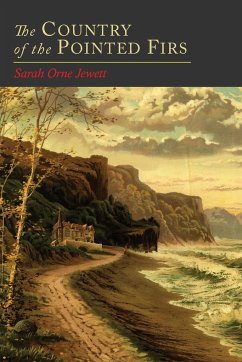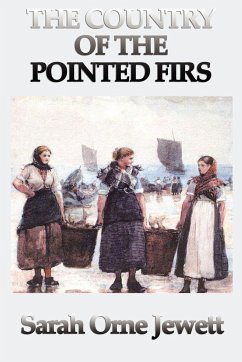
The Country of the Pointed Firs

PAYBACK Punkte
6 °P sammeln!
Sarah Orne Jewett, who wrote the book when she was 47, was largely responsible for popularizing the regionalism genre with her sketches of the fictional Maine fishing village of Dunnet Landing. Like Jewett, the narrator is a woman, a writer, unattached, genteel in demeanor, intermittently feisty and zealously protective of her time to write. The narrator removes herself from her landlady's company and writes in an empty schoolhouse, but she also continues to spend a great deal of time with Mrs. Todd, befriending her hostess and her hostess's family and friends.




